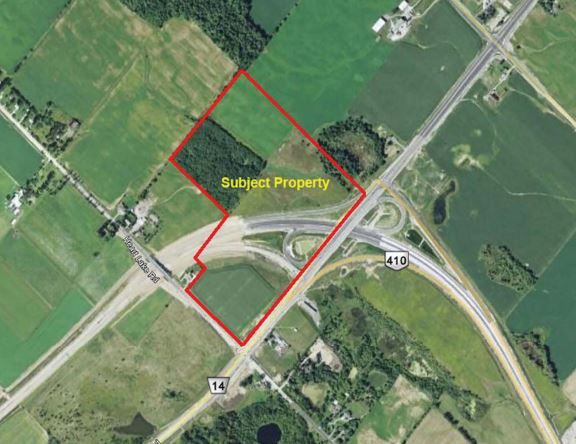A pioneering Appeal Court decision has confirmed that resumption compensation for “Disturbance” cannot be reduced even when the resumption increases the value of the remaining property through “Betterment”.
Disturbance refers to consequential costs considered attributable to a resumption; including legal, valuation and other professional costs reasonably incurred by the claimant in relation to the preparation and filing of the compensation claim. In some cases disturbance can also include other pertinent losses such as stamp duty, mortgage refinance costs, business interruption, relocation costs, i.e. any economic loss or cost incurred by the claimant as a direct consequence of the taking of the land.
The concept of Betterment is often a bitter pill for disposed land owners to swallow. Essentially it is the unearned “windfall” accruing to a landowner when the property value increases due to the net effect of the resumption notwithstanding land has been taken.
These circumstances are rare but can occur, as was the situation in this case – Tolson v Roads and Maritime Services [2014] NSWCA 161
This case is notable because the Court was required to rule on a principle that was widely accepted and adopted by resuming authorities and compensation practitioners alike. In doing so it has established a significant case law precedent.
The Court held that losses attributable to disturbance fall into a separate category from changes to the value of land because such costs are entirely separate from the value of the acquired land or retained land; and that they be allowed or disallowed in accordance with specific statutory entitlements, without regard to the value of any land involved; and that those incidental costs which are the reasonable and probable results of the acquisition and are not directly reflected in the assessment of the value of the land taken.
In this case, there was ample evidence that net effect of the resumption increased the value of the remaining property notwithstanding that land had been taken and the property severed into two parcels.
The Court confirmed
(1) the existing principle that “betterment” can offset market value but that
(2) betterment cannot offset compensation payable for disturbance.


